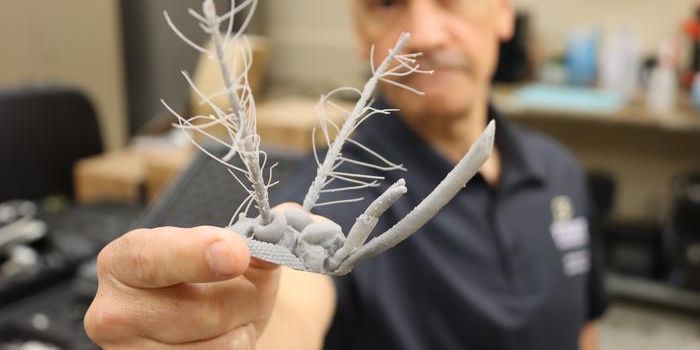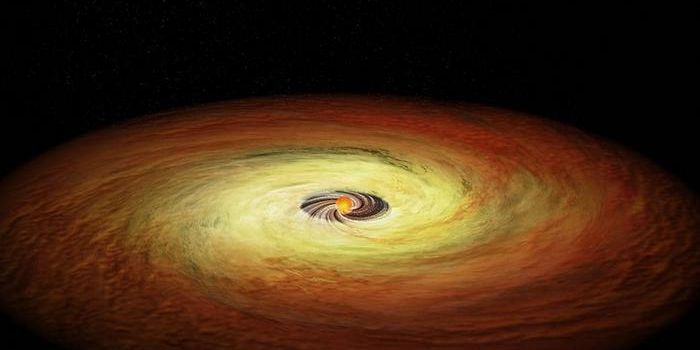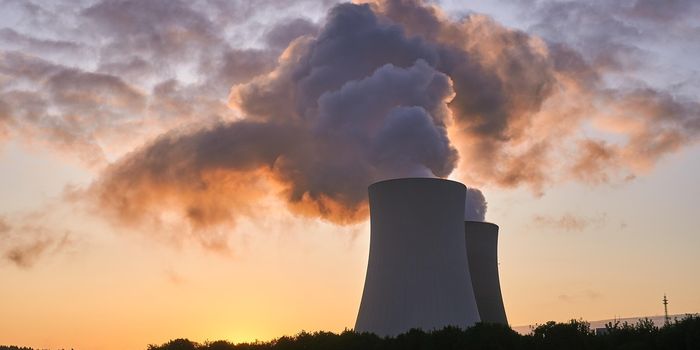Simulations Utilized to Study Earth-Cooling Strategies
In a recent study published in the Proceedings of the National Academy of Sciences, an international team of researchers utilize computer simulations to evaluate the possibility of making the Earth’s stratosphere “brighter”, thus reflecting more incoming sunlight in an attempt to cool the planet in response to the ever-increasing global temperatures brought upon by climate change. This study has the potential to implement policies meant to curb the effects of climate change. The researchers who conducted the study hailed from several universities in the United States, as well as the University of Tokyo.
The study discusses solar radiation modification (SRM), also called solar geoengineering, as a possible climate change mitigation strategy that requires inserting sulfate aerosols into the Earth’s stratosphere, resulting in a higher rate of reflected sunlight. Like other climate change-fighting strategies, such as reducing greenhouse emissions, SRM could equally assist in keeping global temperatures from getting too high.
"Even if we act aggressively on climate change, it will still get worse," said Dr. Doug MacMartin, a senior researcher and lecturer at Cornell's College of Engineering and a faculty fellow at the Cornell Atkinson Center for Sustainability, and lead author on the study. "We face difficult decisions in the coming decades on whether or not to complement other climate-change mitigation strategies with methods for reflecting sunlight."
While SRM holds promise, the researchers are quick to point out drawbacks since the strategy involves injecting a known pollutant into the atmosphere to help combat climate change, which include precipitation shifts and acid rain, which lead to trade-offs that are still unclear. Deployment of the strategy would also present significant challenges, the study notes, as a more systematic evaluation of these drawbacks could help better educate these decisions.
"Anybody who has not heard of this strategy before, the first reaction should be 'Wow, you can't be serious. That sounds horrible,'" MacMartin said. "And it might be, but climate change isn't good either. We might be past the point of easy solutions. If we want to be able to provide future decision-makers with the best possible information, we need to compare the risks of using this technology with the risks of not using it."
Sources: Proceedings of the National Academy of Sciences
As always, keep doing science & keep looking up!









